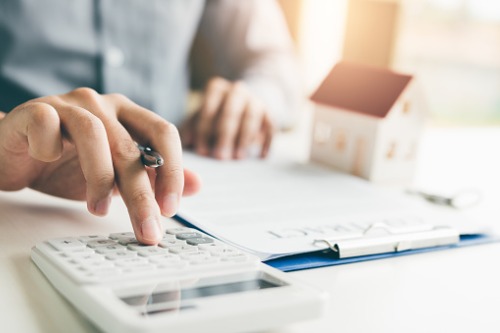Investors with their sights set on Vancouver’s recently resurgent market will need to factor a significantly heavier tax burden into their revenue calculations.
On January 1, the City of Vancouver implemented a seven percent increase to local property taxes, equivalent to nearly double the 10-year average. Negotiations around the tax hike were contentious, with councillors arguing against an increase that goes far beyond the rate of inflation.
Others justified the increase, initially proposed to be 8.2 percent, as a means of “playing catch-up after years of chronic underfunding into core infrastructure”. Real estate investors in Vancouver, already bearing the brunt of the speculation and empty property taxes implemented over the past two years, are sure to see it another way.
“I think there’s some frustration because the City government has made housing affordability one of their goals, and this goes against that goal,” says local realtor Mike Stewart. “I understand the city government needs money, but I think reducing some costs might be a better way to approach things as opposed to increasing costs and increasing taxes.”
While the tax increase is one part of the city’s overall budget, such a dramatic spike could be viewed as another example of government tinkering with Vancouver’s painfully tight housing market to curb demand. Such an interpretation ignores the fact that most of the pain will be felt by those who already own property in the city, but after multiple years of multiple taxes, many Vancouverites feel its time for the local government to take their finger off the scales, pick up a pen and start signing a few building permits.
“I think it’s time for government to change the approach to housing,” Stewart says. “I think that focusing on market-based solutions and allowing new housing supply to come on stream on a large-scale way will go a long way to reducing housing costs. I think taxing our way to affordability is the wrong way to go.”
Stewart feels the higher taxes will “absolutely” discourage investment into the city but adds that investors who choose to purchase in Vancouver will undoubtedly make money, just not on a monthly cash flow basis.
“When you have a situation of dramatically restricted supply, and the process of releasing more supply is highly politicized, and you have always increasing demand in the form of a growing economy and a growing population because of immigration, prices are going to go up.”









